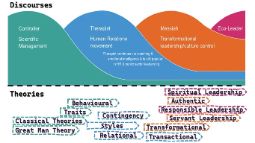
100 Years of Messy Leadership Theories
(9 min read)

Join us for an enlightening discussion with Simon Western, a distinguished thought leader, educator, and transformational expert. Our interview takes us on a captivating journey, delving into the profound implications of critical management theory and Simon's extensive research in anarchic and social movements. We navigate through his meticulous revision of historical leadership discourses and the challenges associated with adopting new and systemic leadership approaches. Together, we uncover the keys to decentralizing leadership, and cultivating adaptive, participative, and dynamic organizations in the era of interconnected ecosystems. Drawing from Simon's wealth of personal, spiritual and coaching experiences, we shine a spotlight on the vital relevance of psychodynamics and ethical responsibility within the context of leadership and organizational change. Our explorations clearly demonstrate the need to act in 'good faith' to construct a 'good society'. Join us as on this stimulating quest for Eco-Leadership, as we seek to re-enchant our work and lives, forging a path toward a more sustainable and equitable future.
Jump to
Why is the interview important? Who are we talking to?

simon Western
We were compelled to approach Simon for this interview due to his remarkable ability to seamlessly blend three distinct areas of knowledge. His "embodied" professional knowledge as a nurse, psychotherapist, and coach, coupled with his deep theoretical understanding spanning critical management, leadership and psychology, and his spiritual commitment to generate positive social change as an educator and exemplary social movement leader. On this basis, we were keen to explore three aspects of his work.
First and foremost, we were drawn to Simon's critical analysis of contemporary leadership discourses. His deep-rooted foundation in critical theory, anarchism and critical discourse analysis provided a unique lens on the evolving landscape of leadership. We wanted to gain insights into both his approach and his profound understanding of the complexities and nuances of different discourses.
Secondly,Simon's leadership development approach intrigued us. His comprehensiveAnalytic-Network Coaching System encompasses five frames, which include depth analysis for individual purpose, relational analysis for team dynamics, leadership analysis to discover hidden leadership capabilities, network analysis to promote connected thinking, and strategic analysis for influencing change. Our primary objective was to delve into the intricacies of the model and explore how the interplay of psychoanalysis, system psychodynamics and complexity theory contributes to the development of effective leaders, drawing connections to our discussion with Gianpiero Petriglieri. Within this context, we were also eager to uncover the relevance of Lacanian approaches, which emphasize the concepts of lack and desire and propose a subversive stance towards both theories of subjective ego and the Enlightenment's idea of consciousness-as-truth. Additionally, we were fascinated by Simon's challenges to the "happiness imperative" advanced by modern positive psychology.
Lastly, Simon's personal history and spirituality provide a profound backdrop to his work on reenchanting organizations and leadership. We sought to explore how these elements inspire and anchor his mission to create a more meaningful and ethically grounded approach to leadership, and more generally explore the importance of faith (in a James Fowler sense).
Simon Western is a distinguished teacher, executive coach, organizational consultant, and renowned leadership expert. He serves as CEO and Founder of the Eco-Leadership Institute and Analytic-Network Coaching (A-Nc), a global network of advanced coaches focused on transforming coaching, leadership, and organizational practices. Simon holds a Ph.D. from Lancaster University Management School, an M.A. with Distinction in "Consultation and the Organization" from Tavistock Clinic, London, and an M.A. in Counseling Studies from Keele University, UK.
Simon's versatile career combines academia and professional practice. In his coaching and consultancy work he has collaborated with international clients, including HSBC Bank, Caterpillar, London Business School, as well as national educational leaders and former CEOs of global banks. His academic roles include Honorary Teaching Fellow at Lancaster University Management School, Honorary Associate Fellow in the Department of Psychosocial Studies at Birkbeck University, Senior Fellow at Birmingham University's Health Service Management Centre, and Associate at the Tavistock Institute. He has lectured at renowned international business schools and delivered keynote addresses at prestigious conferences worldwide. Simon is a member of the International Society for the Psychoanalytical Study of Organisations (ISPSO) and the Organisation for Promoting Understanding in Society (OPUS).
Simon is a prolific author, with notable publications including "Leadership: A Critical Text" and "Coaching and Mentoring: A Critical Text." His research contributions extend to book chapters and articles in esteemed journals. Additionally, Simon hosts the highly acclaimed Edgy Ideas podcast, exploring the impact of social change, technology, and environmental issues on our lives and identities in an era of disruption.
With a strong academic background and a successful career in leadership, coaching, and consultancy, Simon Western has significantly influenced the fields of leadership and organizational development. His work is deeply rooted in a critical and ethical perspective, driven by the belief that our mission is to work in "good faith" to construct the "good society."
Exploring the Critical concepts for this session
A Resource Kit to launch your explorations
Selected published works
Live video recording and podcasts
Explanations, artefacts and references from the interview
What have we learned? Our "Best Bit" takeaways from the Interview

KEY INSIGHTS FROM THE INTERVIEW FOR OUR INQUIRY
Here you can find the most memorable insights from our interview, related to our three inquiry questions. Simply select from the drop down menu on the right -->
Share the most popular quotes with your social media connections: just click + save picture + post!






Unleash your curiosity and discover new insights
Further explorations about coaching and its value for leadership development
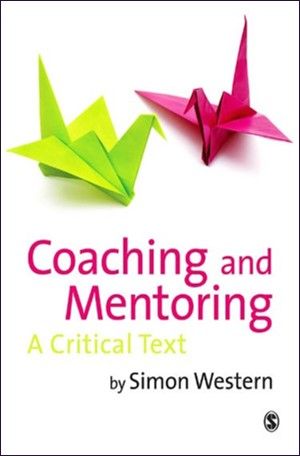
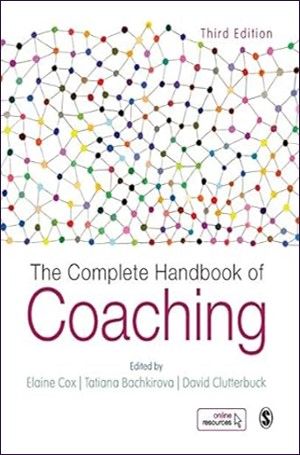
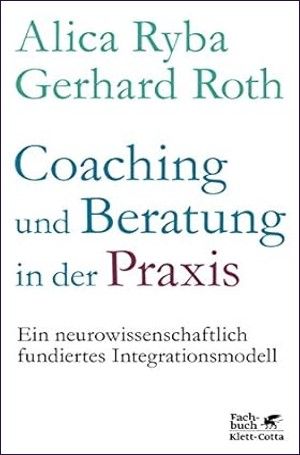
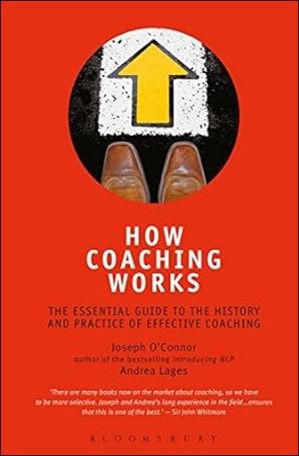
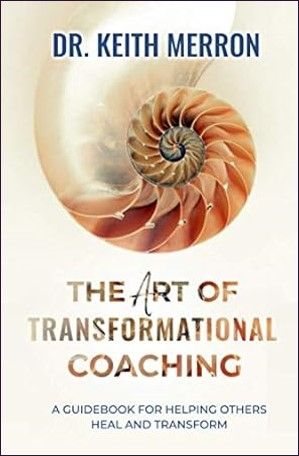
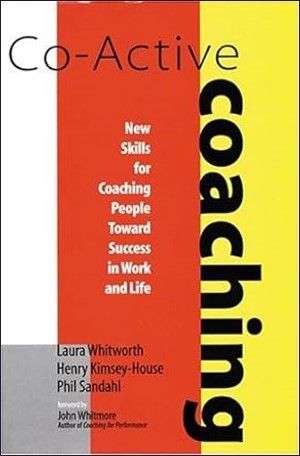
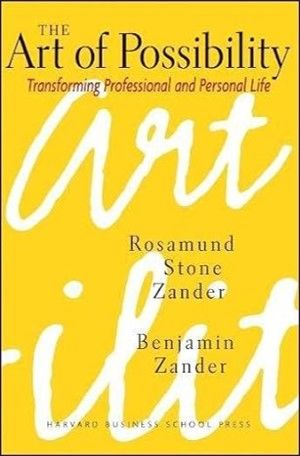
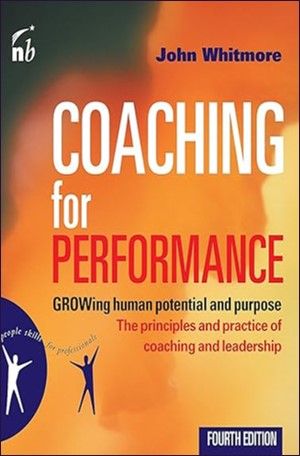
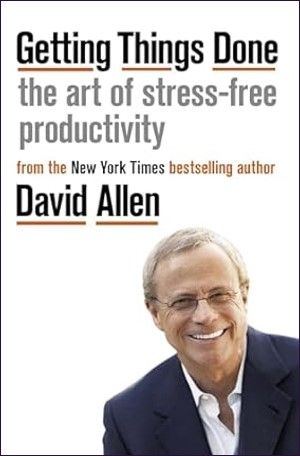
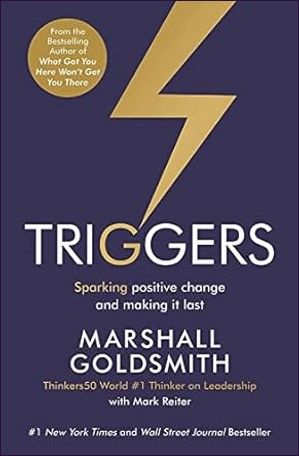
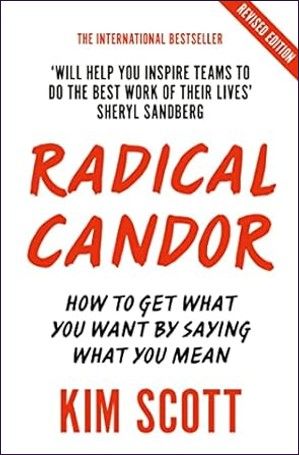
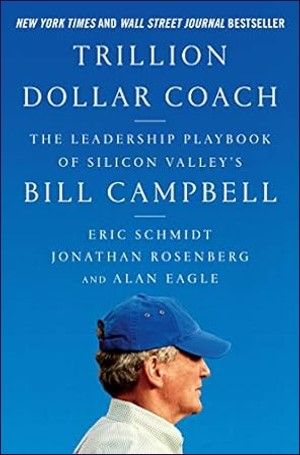
Further explorations about psychoanalytical and psychodynamics in leadership development
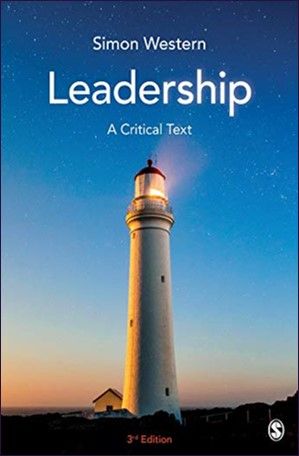
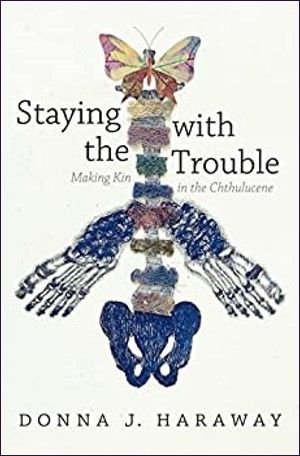
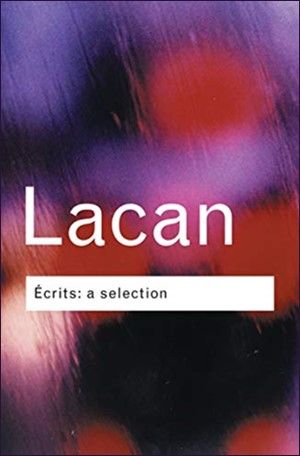
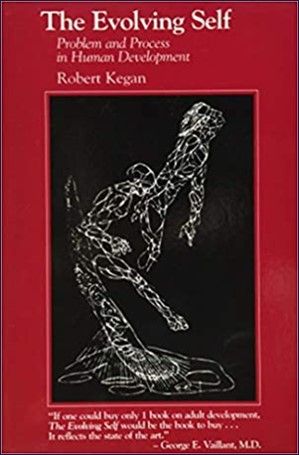
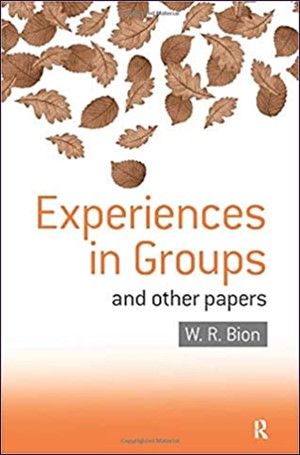
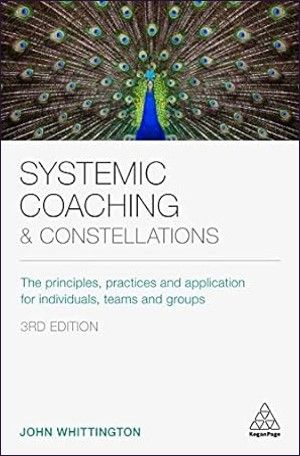
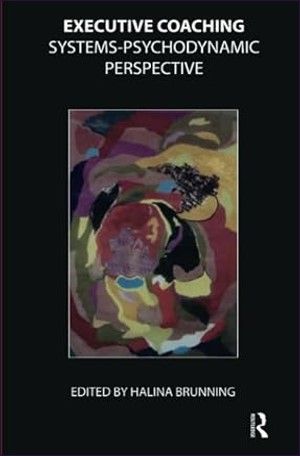
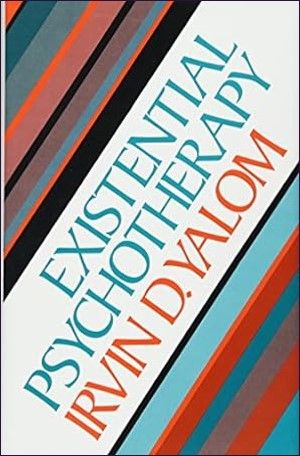
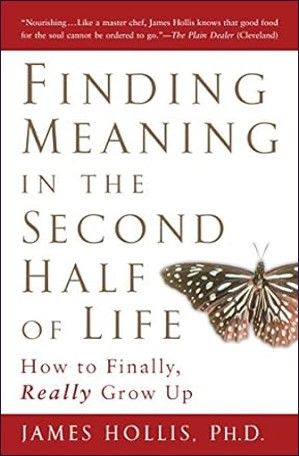
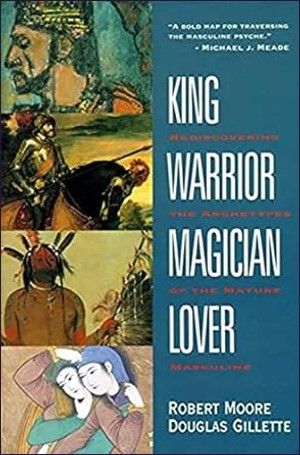
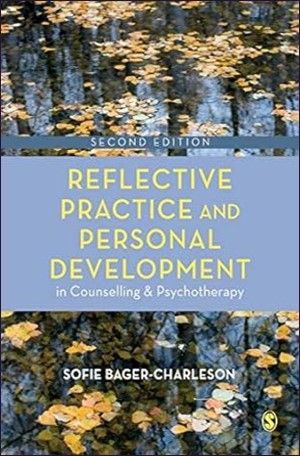
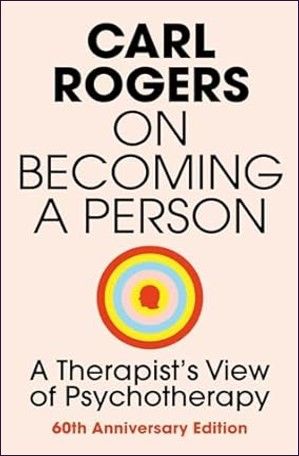
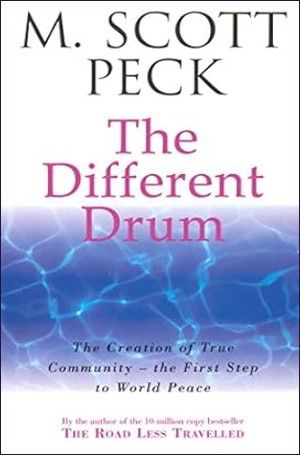
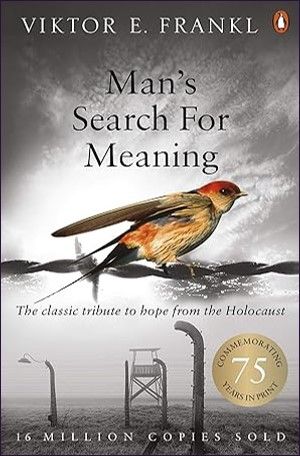
Related blog posts

(9 min read)

(4 min read)
Explore all the popular interviews in this section